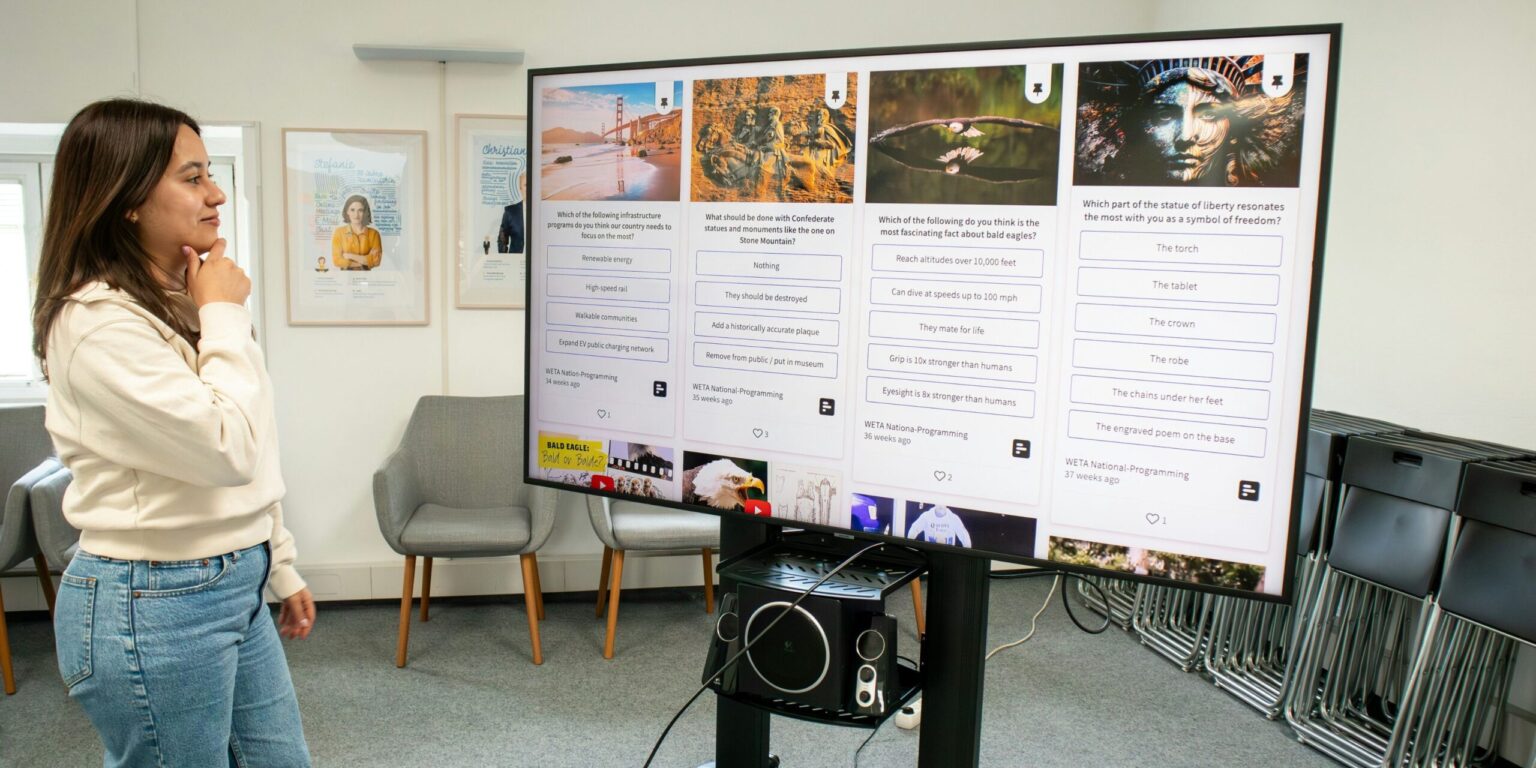By Eliza Trent, Senior Correspondent
In May 2025, the landscape of women’s health is undergoing a significant transformation, driven by groundbreaking innovations in female-focused technology, commonly referred to as FemTech. These advancements aim to address long-standing gaps in women’s healthcare by providing personalized, accessible, and efficient solutions.
Wearable Devices: Empowering Women with Real-Time Health Insights
Recent developments in FemTech include wearable devices that monitor menstrual cycles, fertility, and hormonal changes, offering women real-time insights into their reproductive health. Devices like bracelets and smart rings track physiological parameters to predict ovulation, aid in family planning, and provide a holistic view of a woman’s overall well-being.
Innovations are also targeting stages like perimenopause, which have historically been underserved in the medical community. New devices designed for this demographic help users manage symptoms by tracking physical and emotional changes, sleep patterns, and daily activity. These wearables provide actionable data that allow women to better understand their bodies and manage transitions more comfortably.
Telehealth Platforms: Bridging the Gap in Women’s Healthcare
Telehealth platforms have expanded rapidly, now offering virtual consultations with specialists in gynecology, mental health, and nutrition. These services are crucial in ensuring women can access expert care regardless of their geographical location or mobility constraints.
Such platforms offer a seamless experience—from initial consultations to prescription refills and follow-ups—helping to reduce the burden on traditional healthcare infrastructure. For women in rural or underserved communities, telehealth ensures timely and quality care, often providing critical interventions that might otherwise be delayed.
Mobile Health Applications: Personalized Health Management
Mobile health applications have become increasingly sophisticated, now equipped with artificial intelligence features that track symptoms, suggest lifestyle changes, and predict potential health issues. These apps empower women to proactively manage conditions such as polycystic ovary syndrome (PCOS), endometriosis, and menopause.
Apps that track menstrual patterns, mood fluctuations, and physical symptoms use machine learning to provide users with personalized health insights and timely reminders. Additionally, they include educational resources, enabling women to better understand their health and make informed decisions.
Data Analytics and AI: Revolutionizing Diagnosis and Treatment
The integration of data analytics and machine learning into FemTech is proving transformative. These technologies analyze vast amounts of health data to uncover patterns, predict risks, and personalize treatment plans. For example, AI can help identify early signs of breast cancer or osteoporosis, enabling earlier and more accurate diagnoses.
Clinicians using AI-driven tools can offer customized treatments based on individual data rather than generalized protocols. This approach enhances the precision and effectiveness of care, leading to better patient outcomes and reduced healthcare costs.
The Future of FemTech: Inclusive and Responsive Medical Care
The rise of FemTech marks a significant shift toward more inclusive and responsive healthcare for women. These innovations promise not only to improve individual health outcomes but also to reshape the broader healthcare system.
As the FemTech industry grows, stakeholders—including healthcare providers, policymakers, and technology developers—must work together to ensure that these tools are accessible, affordable, and tailored to diverse populations. Special attention should be given to regulatory frameworks and data privacy standards to maintain public trust.
Investment in research and development will further enhance FemTech’s capabilities, potentially expanding into areas such as maternal health, mental wellness, and chronic disease management. With these advancements, women are better equipped than ever to take control of their health journey.
The convergence of technology and healthcare is ushering in a new era of medical innovation. By prioritizing women’s unique health needs, FemTech is not only closing long-standing gaps but also setting the stage for a more equitable healthcare future.
